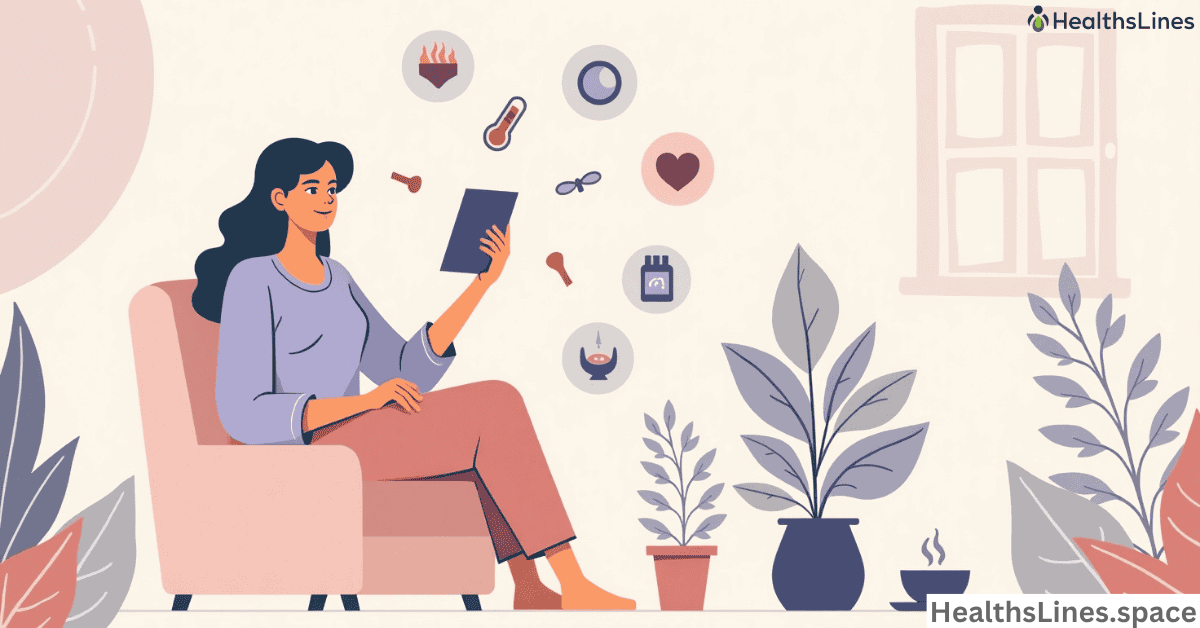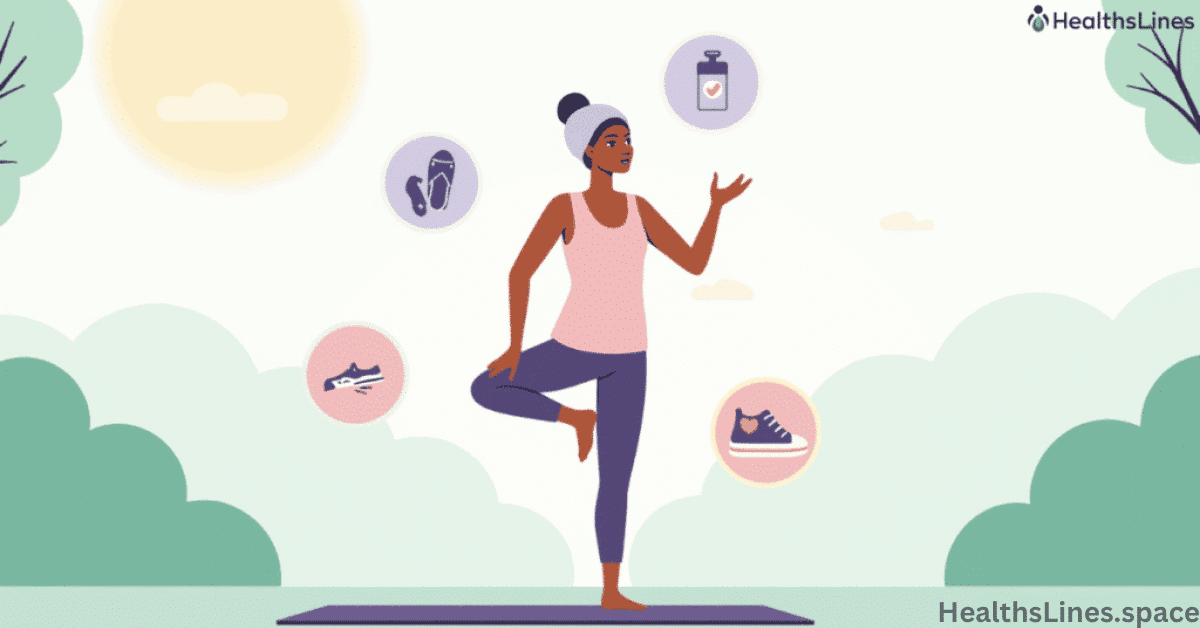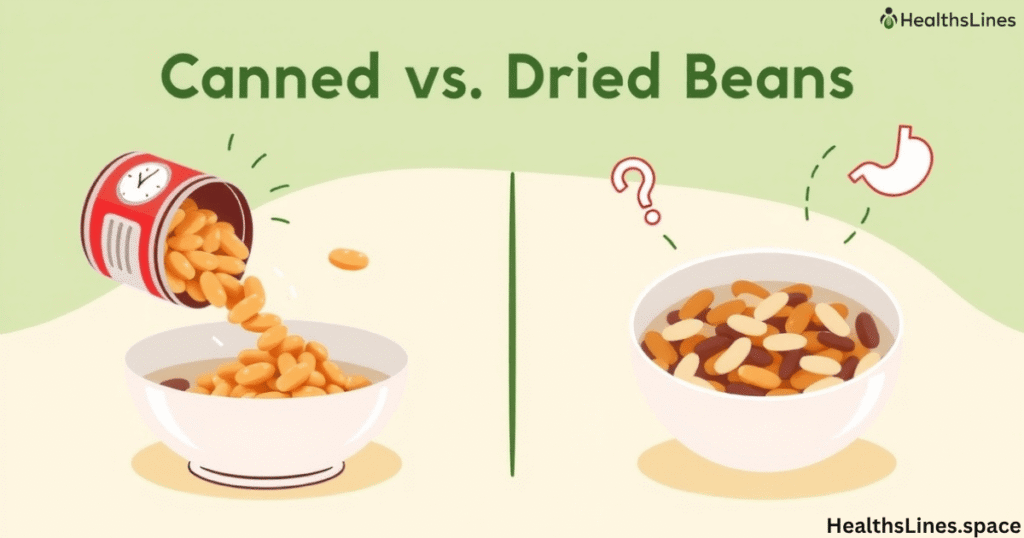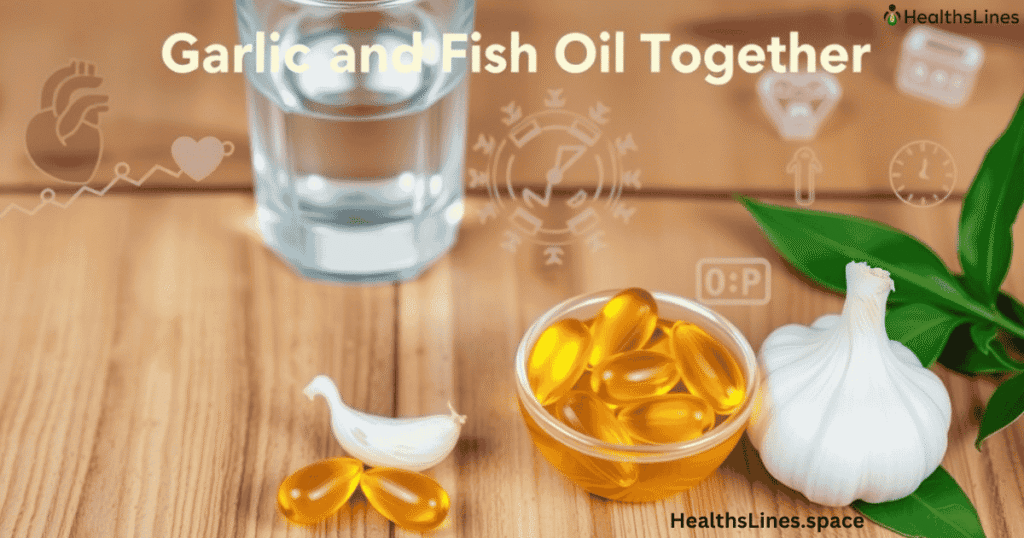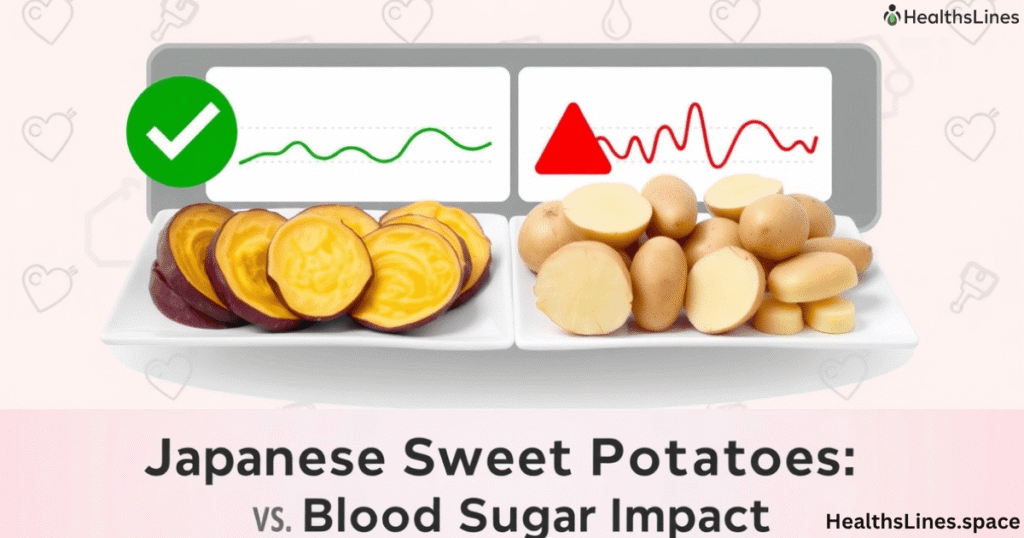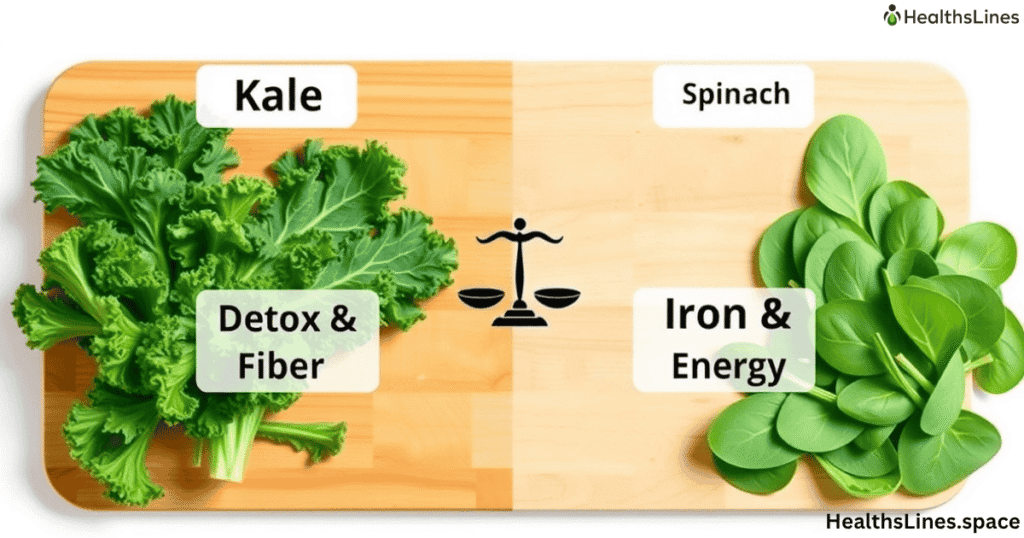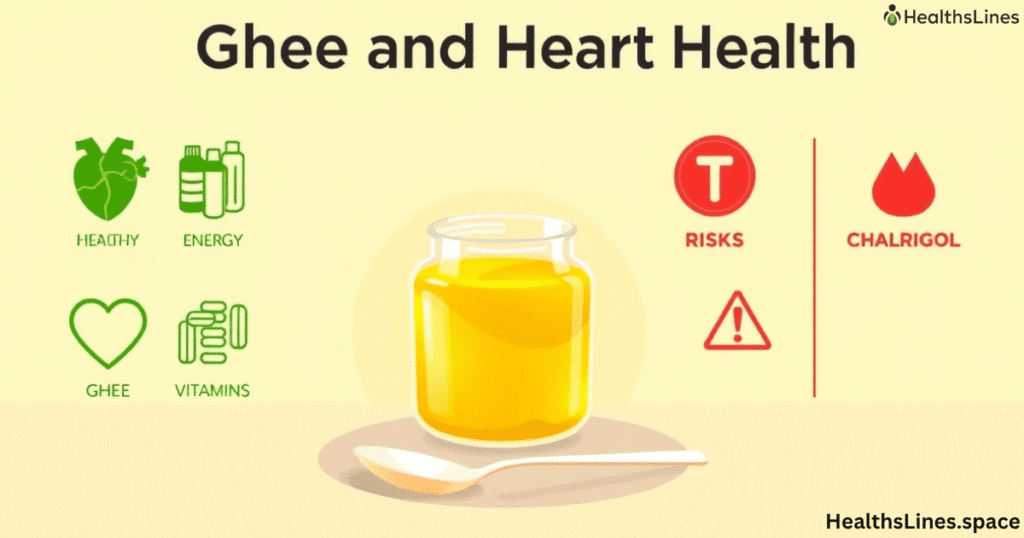Managing breast cancer takes more than just medical treatment. What you eat plays a powerful role in how your body fights, heals, and stays strong. This article will guide you through the best nutrition tips for managing breast cancer, using real facts, expert advice, and practical strategies.
You’ll learn how to eat during treatment, which foods help fight cancer, and how to feel your best every day. We’ve also included a helpful breast cancer nutrition guide, packed with insights from top health organizations. This is your one-stop resource for building a smart, healing diet.
Nutrition and Breast Cancer: What Science Says
Understanding the link between nutrition and breast cancer is one of the most important steps in managing the disease. While food alone can’t cure cancer, research shows that what you eat can help your body fight harder, recover faster, and feel stronger throughout the process. Many studies suggest that certain nutrients may protect cells from damage and improve how your body responds to treatments like chemotherapy and radiation. This is why choosing the right diet for breast cancer patients really matters.
When cancer develops, your immune system becomes weaker. Poor eating habits can slow healing, increase fatigue, and raise inflammation in the body. On the other hand, a healthy diet can help strengthen immunity, reduce treatment side effects, and support hormone balance. The American Cancer Society nutrition tips recommend filling your plate with vegetables, fruits, whole grains, and lean protein. These foods give your body the energy it needs and also lower the risk of infection or weight gain during treatment.
A balanced meal plan also helps with maintaining a healthy weight with cancer, which plays a big role in preventing recurrence. Extra body fat can increase estrogen levels, which may fuel some types of breast cancer. So, it’s important to follow nutrition tips for managing breast cancer that help reduce excess body weight and inflammation.
In short, eating smart isn’t just about comfort or routine. It’s a powerful tool that can support every part of your recovery. Whether you’re in active treatment or recovery, learning how breast cancer and diet are connected can make a real difference in your journey to better health.
Best Nutrients and Foods to Eat During Breast Cancer Treatment
Eating well means choosing foods that support your body through every stage of treatment. The focus should be on anti-inflammatory foods, high in fiber, antioxidants, healthy fats, and lean proteins. These nutrients help your body fight cancer cells, repair tissue, and reduce treatment side effects.
Foods to eat during breast cancer treatment should include:
| Nutrient | Examples | Benefits |
| Antioxidants for cancer | Berries, leafy greens, citrus fruits | Help fight cancer cells and protect healthy tissue |
| Omega-3 fatty acids and cancer | Salmon, flaxseeds, walnuts | Reduce inflammation and support brain health |
| High-fiber foods for hormone balance | Whole grains, beans, apples | Balance hormones and support digestion |
| Vitamins D and E for immune support | Fortified milk, nuts, seeds | Strengthen immunity and fight fatigue |
| Lean protein sources | Chicken, tofu, lentils | Build muscle and support recovery |
These superfoods for breast cancer help your body work better during chemotherapy and other treatments. The goal is to keep your immune system strong and your energy up, even when treatments get tough.
How Diet Changes During Treatment and Recovery
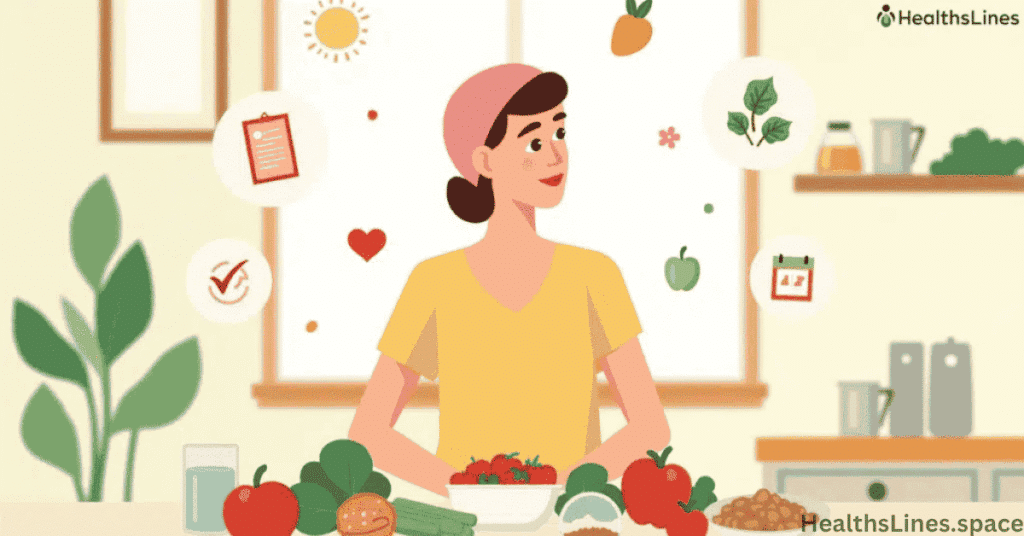
Your diet for breast cancer patients will likely change based on your treatment plan. Chemotherapy, radiation, and surgery can all affect your appetite, taste, and digestion. That’s why you need to be flexible and adjust your eating habits as your body changes.
For example, during nutrition during chemotherapy, many patients deal with nausea, dry mouth, or taste changes during treatment. Soft, bland foods like oatmeal or mashed potatoes are often easier to eat. Drinking plenty of fluids is key for hydration and digestion. After surgery, the body needs protein for cancer recovery and healing.
Here’s a quick table showing common side effects and what to eat:
| Side Effect | Suggested Food |
| Eating with nausea from chemo | Ginger tea, crackers, plain rice |
| Mouth sores and soft foods | Yogurt, scrambled eggs, smoothies |
| Appetite loss in cancer | Nutrient-dense snacks like trail mix or peanut butter |
| Taste changes during treatment | Tart foods like citrus, pickles, or vinegar-based dressings |
| Diet changes during radiation | Soft, easy-to-digest meals with extra calories if needed |
By listening to your body and adjusting your meals, you’ll get the nutrition you need without forcing it. Small, frequent meals work better than large ones when you’re not feeling hungry.
Everyday Healthy Eating for Breast Cancer Patients
Staying consistent with healthy eating for breast cancer is easier than it sounds. You don’t need a strict diet—you need smart habits. Simple home-cooked meals made with whole, fresh ingredients will go a long way.
Use this basic formula for each meal: lean protein + whole grain + colorful vegetables + healthy fat. This creates a balanced plate that supports healing. Think grilled chicken, brown rice, and steamed broccoli with olive oil. Or lentil soup with whole grain bread and avocado.
Some practical tips to keep in mind:
- Eat regularly, even if you’re not hungry. Set a timer if needed.
- Keep easy snacks nearby like nuts, boiled eggs, or protein shakes.
- Prepare meals ahead of time for busy or low-energy days.
- Choose whole grains and vegetables instead of white bread or sugary snacks.
- Focus on immune-boosting nutrition with foods like garlic, berries, and leafy greens.
Eating this way helps you stay strong through treatment and builds better habits for life after cancer.
Nutrition After Surgery and Long-Term Recovery
Recovery doesn’t stop after treatment. Your body still needs care, especially when healing from surgery. Focus on foods that rebuild tissue, prevent infection, and manage long-term side effects. This is where nutrition after surgery becomes a powerful part of your recovery plan.
Eating enough lean protein sources supports muscle strength. Foods high in fiber help your digestive system get back on track. Drinking lots of water helps with healing and reduces the risk of complications. Also, make sure your meals include healthy fats and antioxidant-rich produce to fight inflammation.
Maintaining a balanced diet also helps with maintaining a healthy weight with cancer. That’s why long-term nutrition habits matter just as much as what you eat during treatment.
How Diet Affects Hormones, Estrogen, and Cancer Growth
Your diet for breast cancer patients can play a major role in how your hormones behave, especially estrogen, which is closely linked to certain types of breast cancer. Estrogen is a natural hormone found in everyone, but high levels may encourage cancer growth in hormone-sensitive cancers. The food you eat can either increase or reduce estrogen levels in your body. That’s why following a smart, balanced eating plan can help you manage cancer better.
Some foods, like processed meats, sugary drinks, and fried snacks, may raise estrogen or lead to weight gain, which also increases estrogen levels. Too much body fat stores extra estrogen, which may affect breast cancer and diet outcomes. On the other hand, high-fiber foods for hormone balance such as beans, lentils, whole grains, and cruciferous vegetables like broccoli can help remove excess estrogen from the body. These foods also support gut health, which affects how hormones are processed.
Certain anti-inflammatory foods such as berries, leafy greens, turmeric, and walnuts can also lower estrogen activity. And omega-3 fatty acids and cancer studies show that these healthy fats from fish or flax seeds can slow cancer cell growth. Superfoods for breast cancer like chia seeds, green tea, and garlic can support hormonal balance while helping the immune system stay strong.
Choosing the best diet for breast cancer isn’t about avoiding all fats or carbs. It’s about understanding how food impacts your body and hormones. By focusing on healthy eating for breast cancer, you create an environment where cancer has a harder time growing and returning.
Meal Planning and Cancer-Focused Nutrition Programs
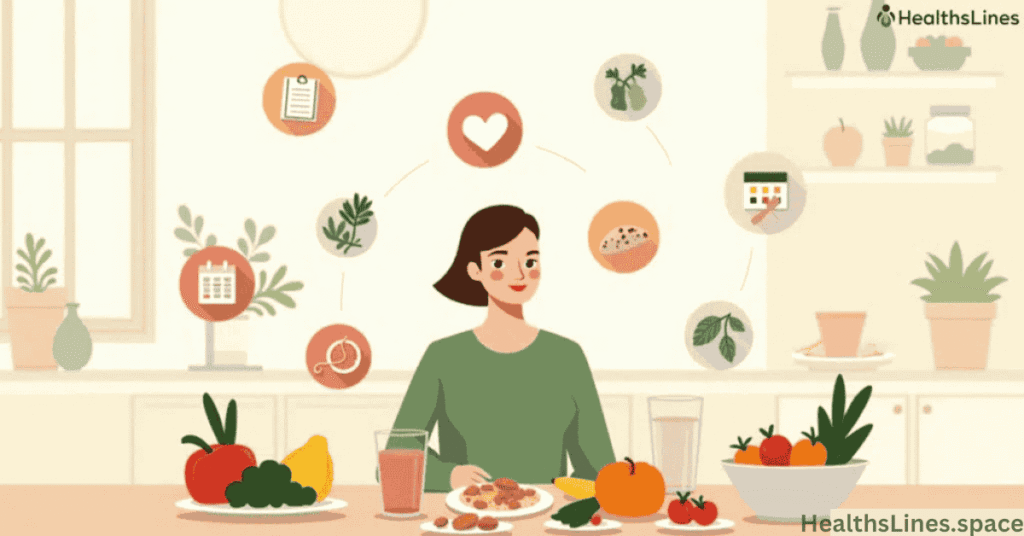
It’s hard to eat well when you’re tired, overwhelmed, or dealing with side effects. That’s where meal planning for cancer patients can help. Planning meals ahead of time takes the guesswork out of eating and helps you stay on track.
Many hospitals now offer access to registered dietitians for cancer patients. These experts help design personalized cancer nutrition plans based on your treatment and needs. They adjust your diet to fit side effects, allergies, or religious diets.
Some great support options include:
- Oncology dietitian support at local cancer centers
- Cancer nutrition programs from the American Cancer Society
- Free printable meal planners and grocery lists from trusted websites like cancer.org or cancer.gov
You don’t have to figure everything out alone. Expert help is available and can make a real difference in your energy, strength, and recovery.
Case Study: Real-Life Nutrition Success
Maria, a 54-year-old breast cancer survivor, shared how her eating habits helped her recovery. During chemotherapy, she struggled with nausea and weight loss. She worked with an oncology dietitian to add easy-to-eat, protein-rich snacks throughout the day. She drank ginger tea every morning to reduce nausea and ate soft foods like yogurt and mashed sweet potatoes.
After treatment, she slowly added more fiber and fresh vegetables to her meals. Today, she follows a Mediterranean-style diet rich in fish, nuts, and greens. She says, “Changing how I ate gave me control during a time when I felt like I had none.”
Maria’s story shows how powerful food can be—not just physically, but emotionally too.
Conclusion
Your breast cancer nutrition plan doesn’t need to be perfect. It just needs to be smart, nourishing, and realistic. Choosing whole, healing foods can help you manage side effects, rebuild strength, and support your treatment.
Focus on what your body needs most: antioxidants for cancer, protein for cancer recovery, healthy fats, and fiber. Use food as a tool to support your wellness journey, with guidance from professionals when needed.
Remember, nutrition isn’t a cure—but it’s a powerful partner. When paired with the right medical care and emotional support, a good diet can help you feel better, heal faster, and live stronger.


